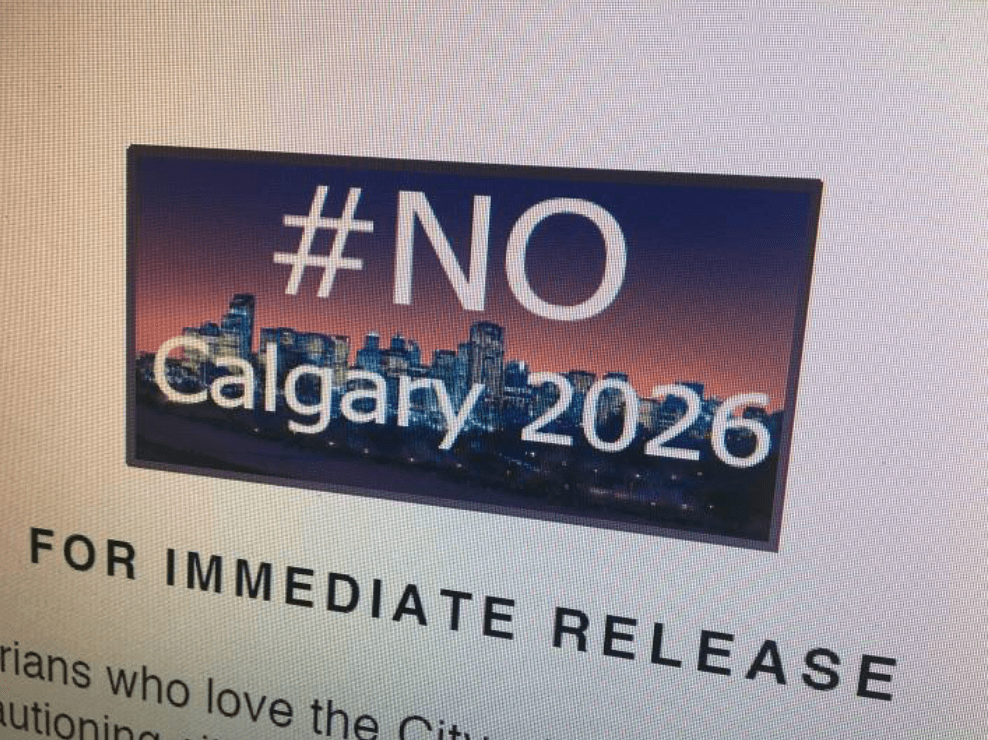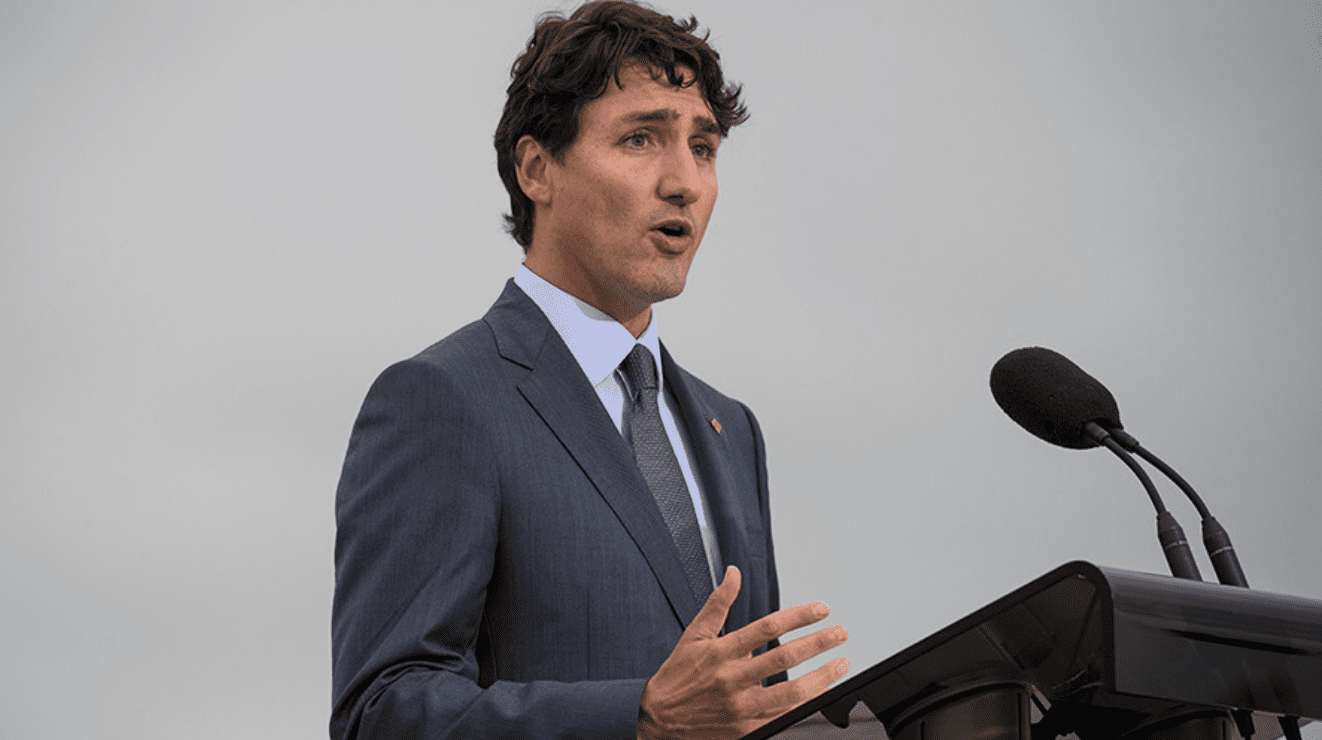There are winners and losers in most games.
Now that Calgary voters have ended the city's Olympic Games bid, the final score is up on the board.
The worst plebiscite outcome would be a close vote and low turnout, Mayor Naheed Nenshi said before the vote.
Tuesday night's 56.4 per cent no vote on a quite decent 304,774 votes cast was therefore not the worst outcome.
But for Nenshi, who, in the final days of the bid campaign became the biggest Olympics booster of all, the vote was certainly not the best result.
Nenshi's final push was an appeal to voters that the Olympic funding agreement hammered out with the provincial and federal government and the IOC would be a terrific deal for Calgary. The city would get a couple of new pieces of recreational infrastructure — a mid size arena and a new fieldhouse, for far less than it would otherwise have had to pay, he argued.
"Calgary will receive about $4 billion in investment for under $400 million — a 10:1 return. It's important to remember that, while there is only one taxpayer, Calgary taxpayers have long sent far more in taxes we pay to Edmonton and Ottawa than we receive back in investments from those governments," the mayor wrote in an oped in the Calgary Herald.
The city would have paid $390 million toward the bid, while the province anted up $700 million and the federal government contributing $1.423 billion.
Canny Calgarians apparently figured out that they would also be contributing taxes toward the provincial and federal portions of the bid. And the question of cost overruns also weighed heavily on taxpayers' minds.
While Nenshi led with his heart on this issue, the majority of his fellow councillors likely heaved a sigh of relief after the vote. The palpable fear they felt about committing to the undertaking was clearly revealed in an Oct. 31 vote on whether to proceed. A vote to abandon the bid actually passed with an 8 to 7 vote, but the motion required a "super majority" of 10 council members so the plebiscite process continued.
The IOC was also a big loser on Tuesday night. Competing bids from Stockholm and Milan lack major government support, so Calgary had looked like a great possibility, especially with its favourable timezone for major television coverage.
The committee's response to the rejection on Wednesday was muted.
"It comes as no surprise following the political discussions and uncertainties right up until the last few days," an IOC spokesperson said.
Certainly some voters shied from the bid because of increasing distrust of the IOC and its murky reputation.
The provincial government is both a winner and a loser after the Tuesday vote.
If the vote had been overwhelmingly positive, the NDP government's $700 million bone would have been a good thing to throw a city which has weak support for the current governing party. It could have been one nice promise to make before the spring election.
However, the flip side is also true — if the bid continued on its course it would have been a political liability in NDP's basecamp in Edmonton, where no solid benefit would accrue from the Games based on the initial details of the bid.
And UCP Leader Jason Kenney came out a winner in the process. Kenney had declared his skepticism over the bid early on, pointing out bluntly that the province is broke and can't afford an Olympics. He claimed he could afford to be gracious if Calgary's bid did proceed, however, since it would be the Notley government taking the blame if the Games turned into a nasty liability down the road.
Realistically, however, voters and taxpayers blame the government in power at the time when their tax bills start to mount to cover things like sporting event overruns. And Kenney remains confident it will be the UCP in power come 2026.
So he was very fast off the mark after the vote results came in Tuesday night to applaud the decision.
"With today's vote, Calgarians told governments to focus on key priorities, and to keep taxes down. Calgarians understand this and have decided to get our fiscal house in order before embarking on such a large and expensive undertaking," said Kenney's response.
He might as well have said: With that pesky Olympic extravagance off the table, let the belt tightening commence."
Photo Credit:








